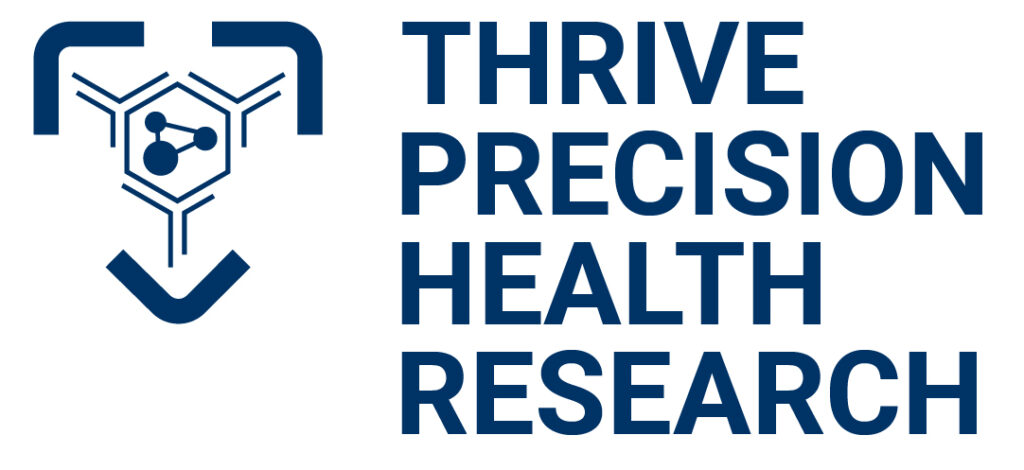Uncovering the Economic Burden of Diabetes: A Deep Dive into Financial Costs and Societal Impact
Diabetes is not just a health concern; it’s asignificant economic burden that affects millions of people worldwide. In theUnited States alone, recent data reveals staggering figures that shed light onthe financial costs and societal impact of this chronic condition. Understanding the Numbers Direct Medical Costs: Between 2017 and 2022, thedirect medical costs attributed to diabetes witnessed a 7% increase. Thisupward trend highlights the growing financial strain on healthcare systems andindividuals alike. Total Annual Cost: In 2022, the total annual cost ofdiabetes soared to a monumental $412.9 billion. This figure encompasses bothdirect medical costs ($306.6 billion) and indirect costs ($106.3 billion),painting a comprehensive picture of the economic challenges posed by diabetes. Healthcare Spending: Shockingly, people withdiagnosed diabetes now account for one in every four healthcare dollars spentin the U.S. This statistic underscores the significant share of resourcesdedicated to managing diabetes-related expenses. The Rising Tide of Costs The past decade has seen a substantial escalation indiabetes-related expenditures, with several key factors contributing to thisfinancial surge: Inflation-adjusted Insulin Costs: The cost ofinsulin, a life-sustaining medication for many diabetes patients, has surged by24% from 2017 to 2022. This spike in insulin costs has led to a tripling ofspending on this crucial medication, posing challenges for affordability andaccess. Gender Disparities: Women with diabetes facehigher average annual healthcare expenditures compared to men. This disparitysheds light on the nuanced financial implications that gender can have ondisease management and healthcare costs. Ethnic Disparities: Black Americans with diabetes bear adisproportionate burden of direct healthcare expenditures, highlightingsystemic inequalities in healthcare access and affordability. Beyond Financial Costs: Lost Productivity and Societal Impact The economic impact of diabetes extends beyond directmedical expenses, encompassing lost productivity at work, unemployment due tochronic disability, and premature mortality. Productivity Loss: A staggering $106.3 billion (26%) of thetotal estimated national cost of diabetes is attributed to lost productivity atwork. This includes presenteeism (reduced work productivity) and absenteeism(missed workdays), illustrating the broader societal ramifications of thischronic condition. Unemployment and Mortality: Chronic disabilityand premature mortality due to diabetes contribute significantly to theeconomic burden, highlighting the urgent need for holistic approaches todisease management and prevention.



